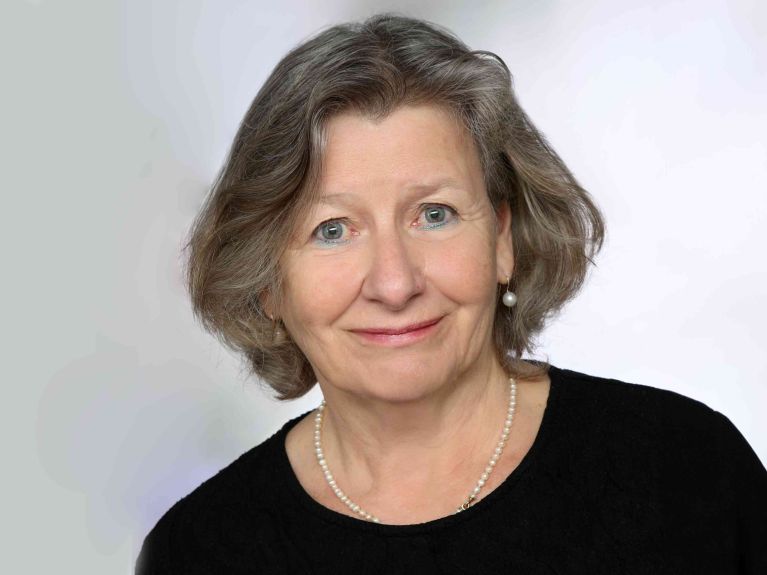“Improve social security systems”
UN Sustainable Development Goals: The UN economist Gabriele Köhler explains what needs to be done now and in the future.

A midterm review of the 2030 Agenda paints a sobering picture. Tremendous efforts will be necessary to implement the Sustainable Development Goals (SDGs) adopted by the United Nations in 2015 by 2030. “It is time to act even more decisively,” says Germany’s Development Minister Svenja Schulze. The development economist Gabriele Köhler from the United Nations Research Institute for Social Development (UNRISD) talks about where particularly rapid action is needed and what should happen after 2030.

Ms Köhler, which 2030 Agenda goals require particular action?
The goals of overcoming poverty, hunger, unfair working conditions and environmental destruction are at particular risk. 2.4 billion people are unsure each day whether they will in fact have enough food to eat. That’s why all states need to improve their social security systems. The 60 or so highly indebted low-income countries need serious debt relief so that they can fulfil their social responsibilities.
In addition, UN organisations like the UNICEF children’s fund, the refugee agency UNHCR and the World Food Programme WFP, which step in when disasters and famines occur, must receive sufficient and reliable funding.
What needs to happen after 2030? Will a new agenda be necessary?
Ideally, a follow-up agenda would be adopted in which the principles of the Universal Declaration of Human Rights and the UN Charter are defined as non-negotiable. It should also give the United Nations greater scope for initiating peaceful conflict solutions to wars of aggression and civil wars. We also need an honest analysis of the causes: Who benefits from and who is harmed by globalisation? How could we manage our economies differently? This must be discussed together with citizens, in Germany and in the UN’s 193 member states.
Climate change mitigation remains a challenge for the whole of humankind. Could the European Green Deal, which Europe hopes will make it the first climate-neutral continent by 2050, also serve as a role model for other continents in the fight against climate change?
The European Green Deal is certainly welcome as an aspiration and incentive. I hope that the EU will also adopt a forward-looking supply chain directive. That would complement the Green Deal, as such a directive would enshrine human rights, gender equality and protection of the climate and biodiversity across the production chains of European companies, and could therefore encourage other countries to follow suit.


